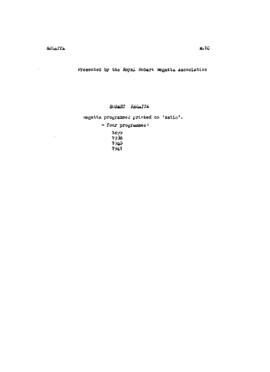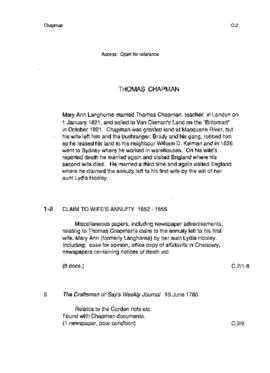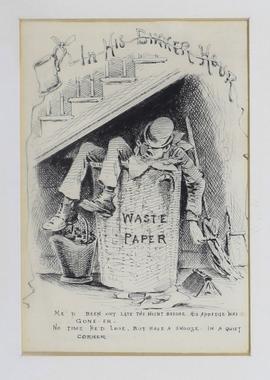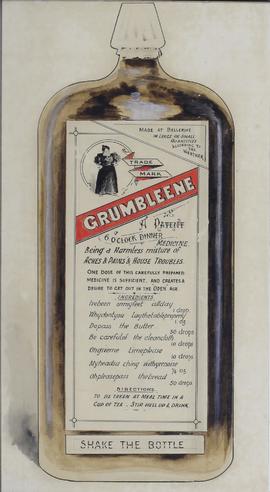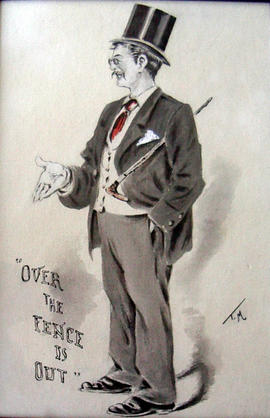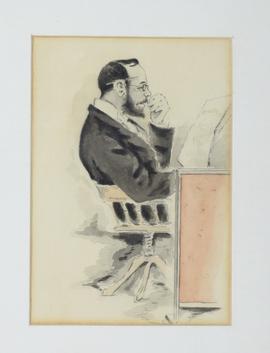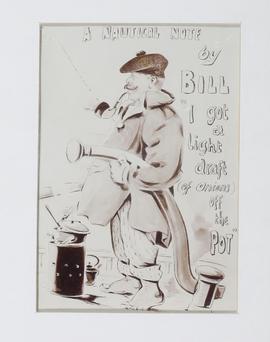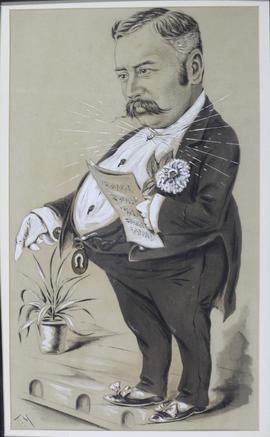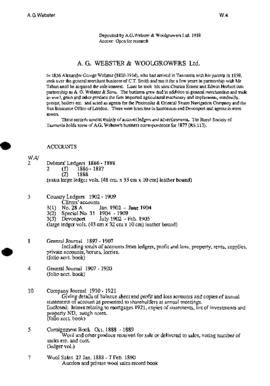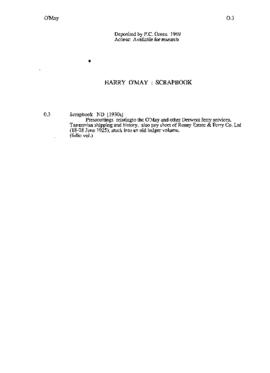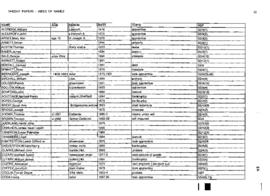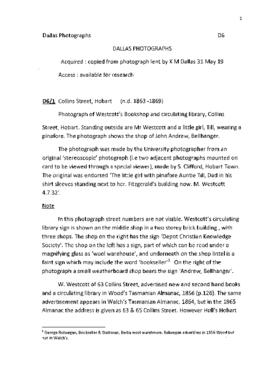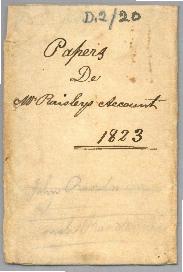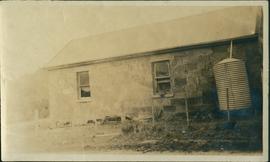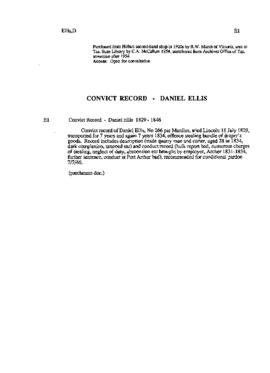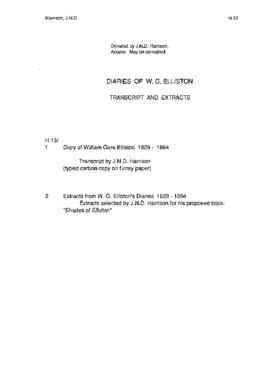1 large, hand-illustrated quarter-bound leather album of black and white photographs.
Gold lettering on cover: War Relief Work Through Europe 1920-1921. M S Thorp.
Inscriptions include: Holland; Peace Palace Hague; Amsterdam; Rotterdam; Holland; Hartz Mts; Wandervogel; Blackforest Mountains; Spreewald; Bohemia; Schleswig Holstein; on the Baltic; Freiburg; Black Forest Mts; Dresden; Austrian Tyrol; Kattowitz, Upper Silesia; Freiburg; courtyard in Freiburg; skiing in the Blackforest Mts; Frankfort; medical examination; making use of spare rooms for homeless children; Dresden; open-air treatment; Leipzig depot; last scrapings of meal; German woman’s home; No-More War Demonstration; Hermine Chandlemaier; Lust-garten; Mrs Einstein; mission cows, Vienna; milk trains; hospitals & clinics; Austrian clinics; big child aged 3, small child aged 6 years; mission goats; rickerty children; angora rabbits; Town of Peace, Vienna co-operative scheme; Vienna; Friends’ motor transport, Vienna; Poland: Fumanka; refugee’s home, seven people; market scene; mission truck; refugees returning from Russia; dug-outs, Polish frontier, 10-15 peasants living in one dug out; returning refugees; where her home used to stand; washing clothes; negotiations for a new home; peasant woman; dug-out; carrying water; Upper Silesia; Warsaw; rickerty child, our courtyard, Warsaw; White Palace, Brest Litovsk where the Peace Treaty was signed; Russia: Minsk; Moscow – Kremlin; St Basil’s Church; propaganda; Opera House, Childrens’ Day; Cathedral; kindergartens and creches; Freinds’ (sic) warehouse; Stein; Rosinsky; childrens’ home; Doris White; All Russian Health Commission off to famine area; Childrens’ Day; children from famine area, Moscow; demonstration of maternity welfare; Kirghese; Samara; Russian porter (?); Health Committee, Samara; famine children, Samara; waiting for a boat on the Volga; the daily search; Russian village; relief supplies; famine transport; Russian village; peasants’ home; on the banks of the Volga, village depopulated; Violet Tillard; waiting for dinner; refugees – Samara; wild lily of the valley, Russia; Mission motor tractors; relief supplies; Petrograd; Buzuluk; Minsk; Reval; Berlin bunker air raid shelter; homeless; train travel in Germany; women workers in Schleswig Holstein.
Relief work included feeding children; medical and hospital work for children afflicted with tuberculosis and rickets; agricultural and housing reconstruction; settlement of Polish refugees returning from Russia; fighting typhus and cholera; and the Russian famine



